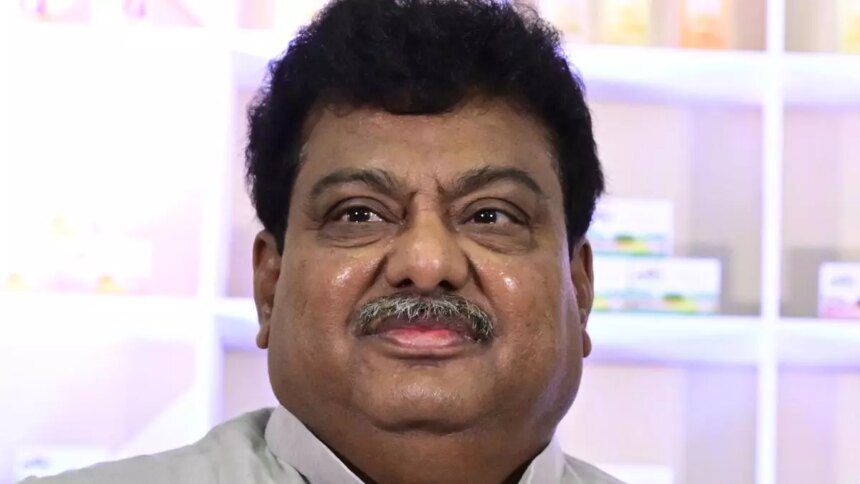In response to the political instability in Bangladesh, Karnataka has announced its plan to establish a Jeans Park at Sajanjeerayanakote, near Ballari. This initiative, being facilitated by the Karnataka Industrial Areas Development Board (KIADB), aims to seize the opportunity presented by the current uncertainty in the region.
The proposed Jeans Park will cover an area of 154 acres and is envisioned to draw considerable investment into the denim manufacturing sector. M.B. Patil, the Minister for Large and Medium Industries, has confirmed that the acquisition of land for the project has been successfully completed.
Patil highlighted the project’s potential, noting that many internationally recognized companies are likely to set up operations within the park. He pointed out that the ongoing instability in Bangladesh has led investors and exporters to seek alternative locations, positioning Ballari as an attractive option. “Our goal is to harness this shift to bring significant investments to the jeans industry,” he remarked.
Ballari is already known as a denim manufacturing hub, with approximately 500 jeans production units operating in the area. In contrast, Bangladesh, a key exporter supplying global brands such as Zara and H&M, is currently facing severe challenges stemming from political turmoil following the sudden resignation of Sheikh Hasina.
According to supplier data from H&M, China and Bangladesh are the company’s largest production markets. As global brands look to diversify their supply chains, Indian textile companies are stepping up to fill the gap. For example, Gokaldas Exports has announced plans to expand its operations in Bhopal and South India, and may also increase capacity in Ranchi, Jharkhand. “We have a strong order book, indicating promising short-term prospects and a positive long-term outlook as global sourcing trends shift away from China and Bangladesh,” stated Sivaramakrishnan Ganapathi, Vice Chairman and Managing Director of Gokaldas Exports.
Union Minister of Textiles, Giriraj Singh, has reiterated the government’s commitment to bolstering the industry, aiming to grow the textile sector to $300 billion by 2030, which would create employment for 60 million people across the textile value chain. This announcement was made during the inauguration of the Indian Institute of Handloom Technology (IIHT) in Fulia, West Bengal.
India’s textile exports have shown remarkable growth, with October exports rising by 11.56 percent year-on-year to reach $1.83 billion. During the same period, apparel exports experienced a significant increase of 35 percent.










